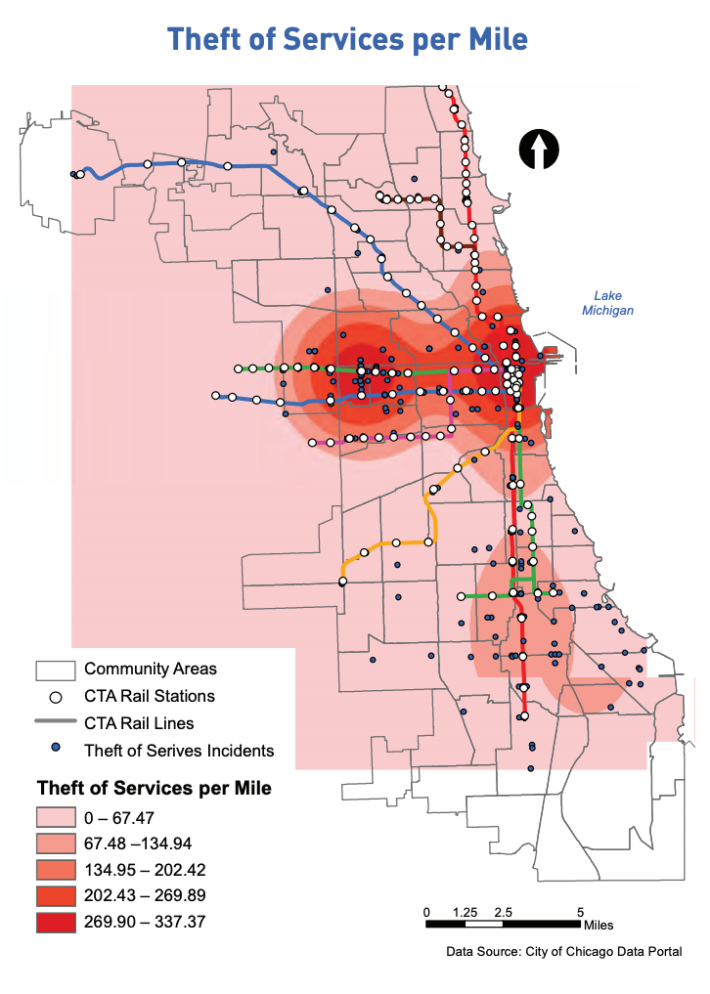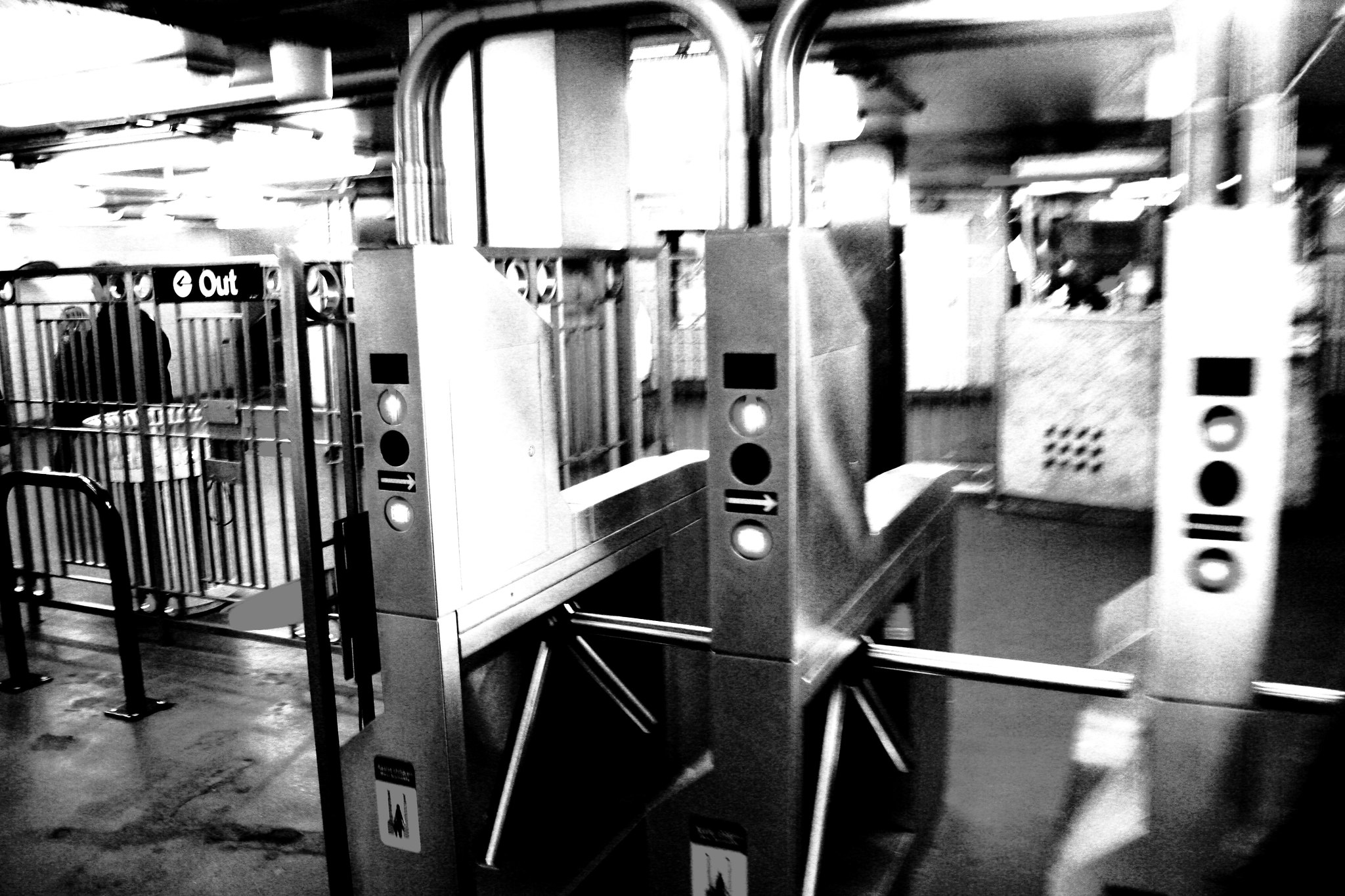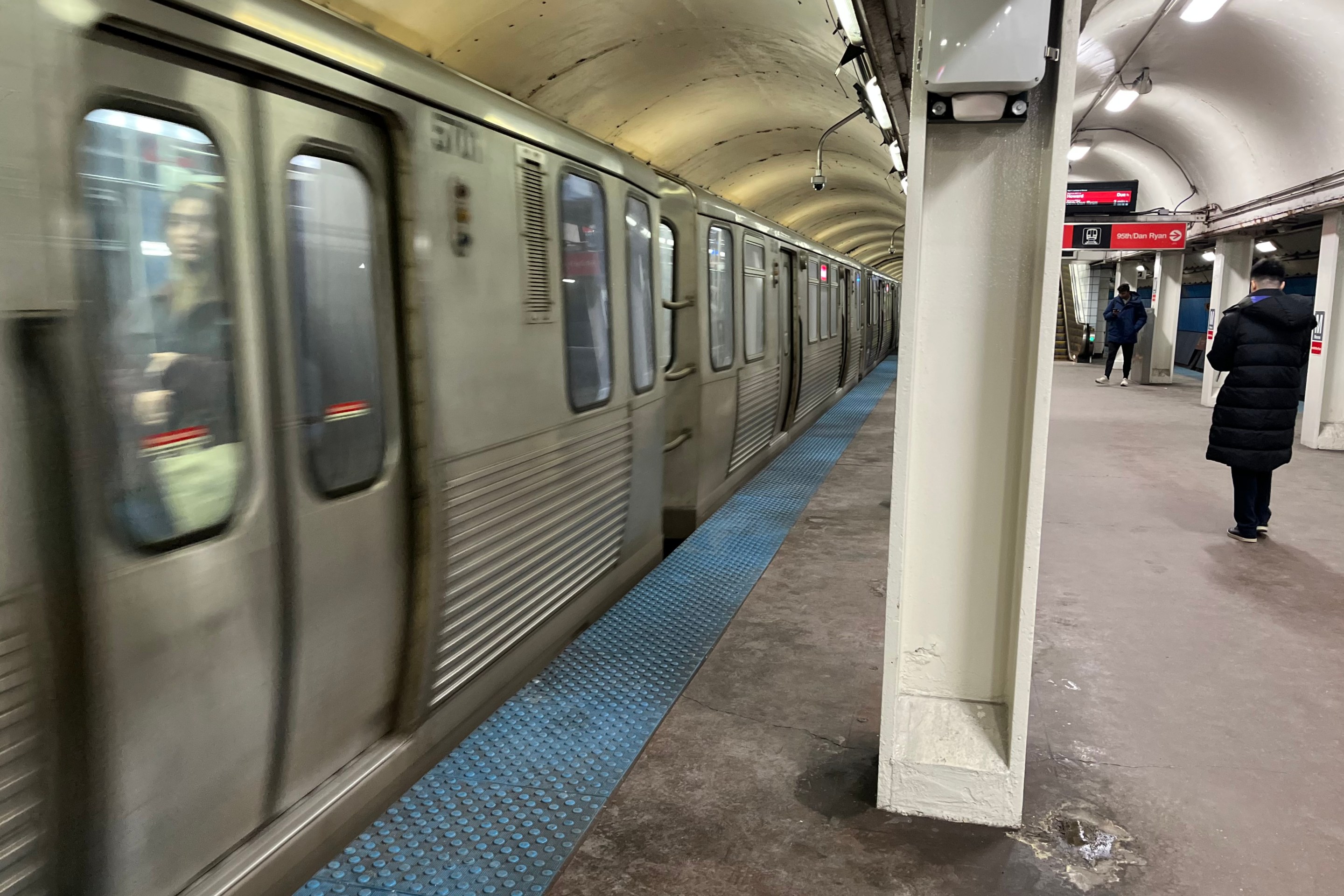
Mayor Lori Lightfoot has stated she wants to increase equity and supports a vision “for equitable, comprehensive urban planning and transportation that supports every one of our residents, neighborhoods, and businesses, and helps our entire city thrive.” Lightfoot has instituted a few reforms to reduce the financial burden drivers face paying fines and fees by reducing city sticker penalties and making payment plans more accessible. I have not heard her speak on decriminalizing fare evasion, a move that could ease penalties for people who fail to pay train or bus fare. With a mayor touting the benefits of equity, decriminalizing fare evasion has to be on the agenda.
For those unfamiliar with the concept, decriminalizing fare evasion means that failing to pay a fare will result in a ticket, not an arrest or any interaction with the criminal justice system. It's worth noting that drivers aren't arrested or charged with a misdemeanor for failing to pay a parking meter or racking up unpaid tolls on their iPass. In addition to the possibility of jail time and a criminal record, the up-front financial penalty for fare evasion in Chicago is $300 or more. The fine for fare evasion is more expensive than illegally parking one's vehicle, speeding, blocking a bus or bike lane, or texting while driving. These things inconvenience and/or endanger other road users, so they have more potential for negative impacts than jumping the turnstile at an 'L' station or trying to sneak onto a bus. Does evading a $2.50 or $2.25 fare really need to result in a $300 fine and other damaging effects?
The additional penalties that come with fare evasion are:
- A period of supervision
- Community service hours between 30 and 120 hours
- Restitution for damaged property
- Immediate removal from CTA property
- Suspended Riding Privileges
- Arrest

When one is arrested and perhaps eventually found guilty of a crime, a criminal record is developed. A criminal record impacts employment prospects, housing opportunities, ability to apply for certain professional licenses, loan approval, and higher education opportunities. For undocumented immigrants, it can also increase the risk of deportation. Again, should failure to pay a $2.50 fare result in all these negative consequences? And by criminalizing fare evasion you make it harder for individuals to pay their fares in the future due to diminished employment opportunities and the high fines associated with the “crime.” Fare evasion is often motivated by poverty, and we shouldn't be adding to the burden of poverty with punitive measures that make it more difficult to lift oneself out of poverty.
Moral and philosophical arguments aside, decriminalizing fare evasion makes financial sense. The Active Transportation Alliance's Fair Fares Chicagoland report referenced a Transit Center study on decriminalizing fare evasion stating that do so does not lead to more fare evasion or lower revenues for transit agencies. It's argued that criminalizing fare evasion “makes riding transit more risky for many riders, is expensive to enforce, and may discourage ridership.”
The Active Trans report mentioned the Metra COPS app as a potential area for reform. The COPS app allows Metra riders to report safety and security issues such as a crimes in progress, vandalism, aggressive behavior, suspicious behavior, and fare evasion. Active Trans states that fare evasion is not a security issue and I wholly agree. Discrimination based on race, ethnicity, and other factors is a very real occurrence in our society. By removing fare evasion from the COPS app, you reduce the chances for someone to be singled out and reported for fare evasion because of who they are.
Some people mistakenly believe that by decriminalizing fare evasion we are somehow sending the message fare evasion is okay and allowing people to escape accountability. But there are other, less harmful ways to hold people accountable for fare evasion. Active Trans recommends community service and the opportunity to become enrolled in a reduce-fair program as an alternative to fines. I couldn't agree more. Fare evasion is usually a symptom of poverty. By not imposing possible life-altering penalties and making it easier for folks to afford transit, we make it possible for residents to more fully participate in society, which should be the goal of all of our civic institutions.






